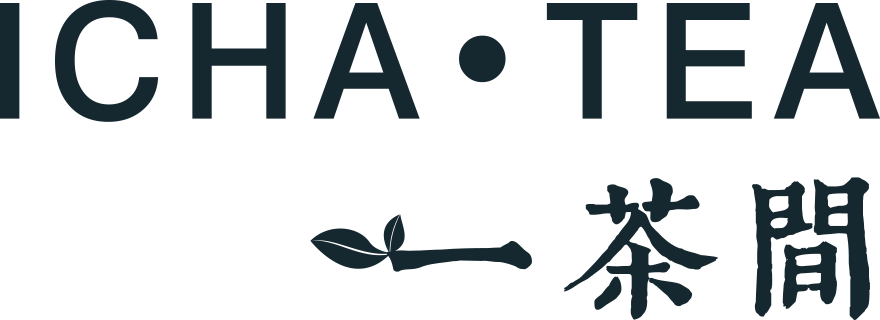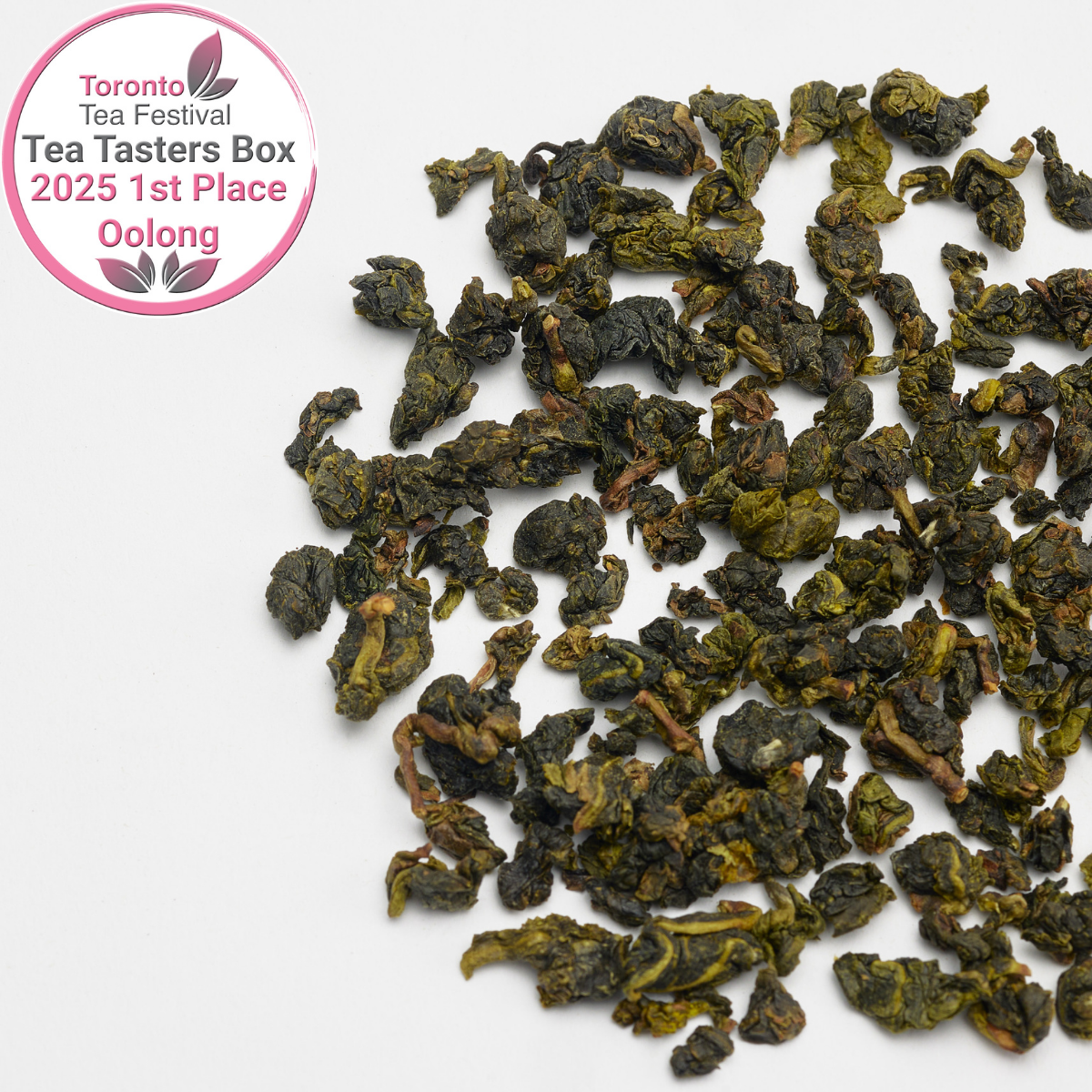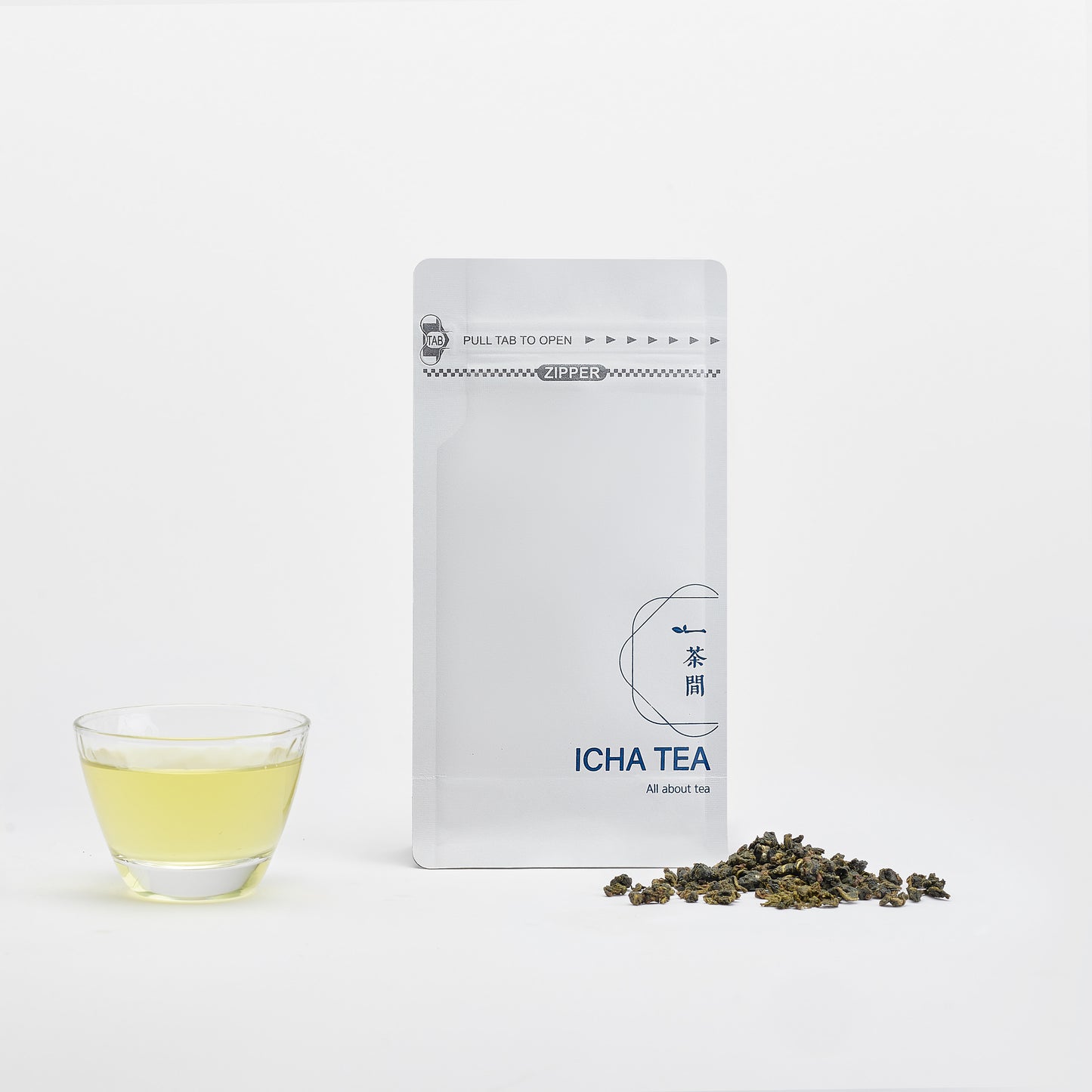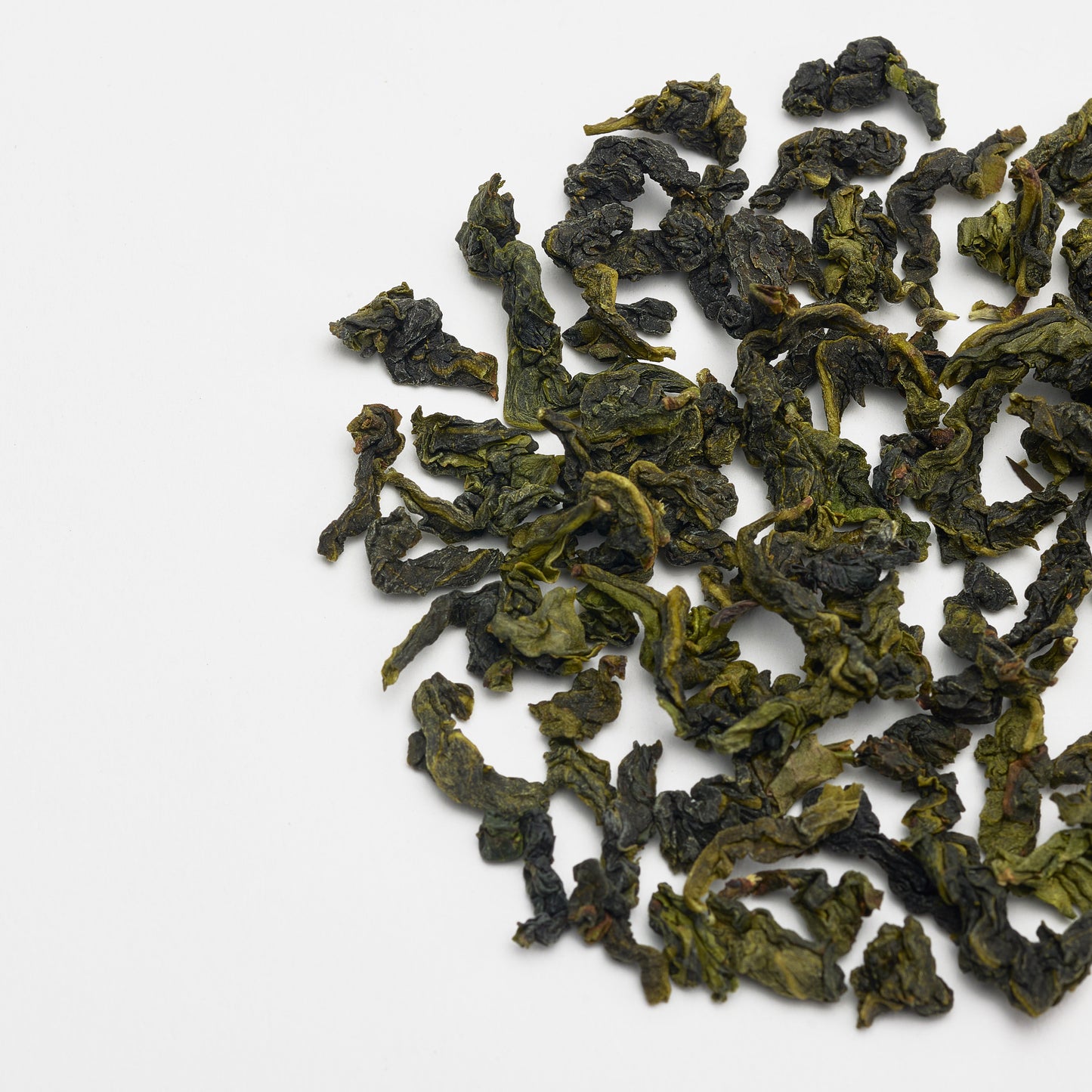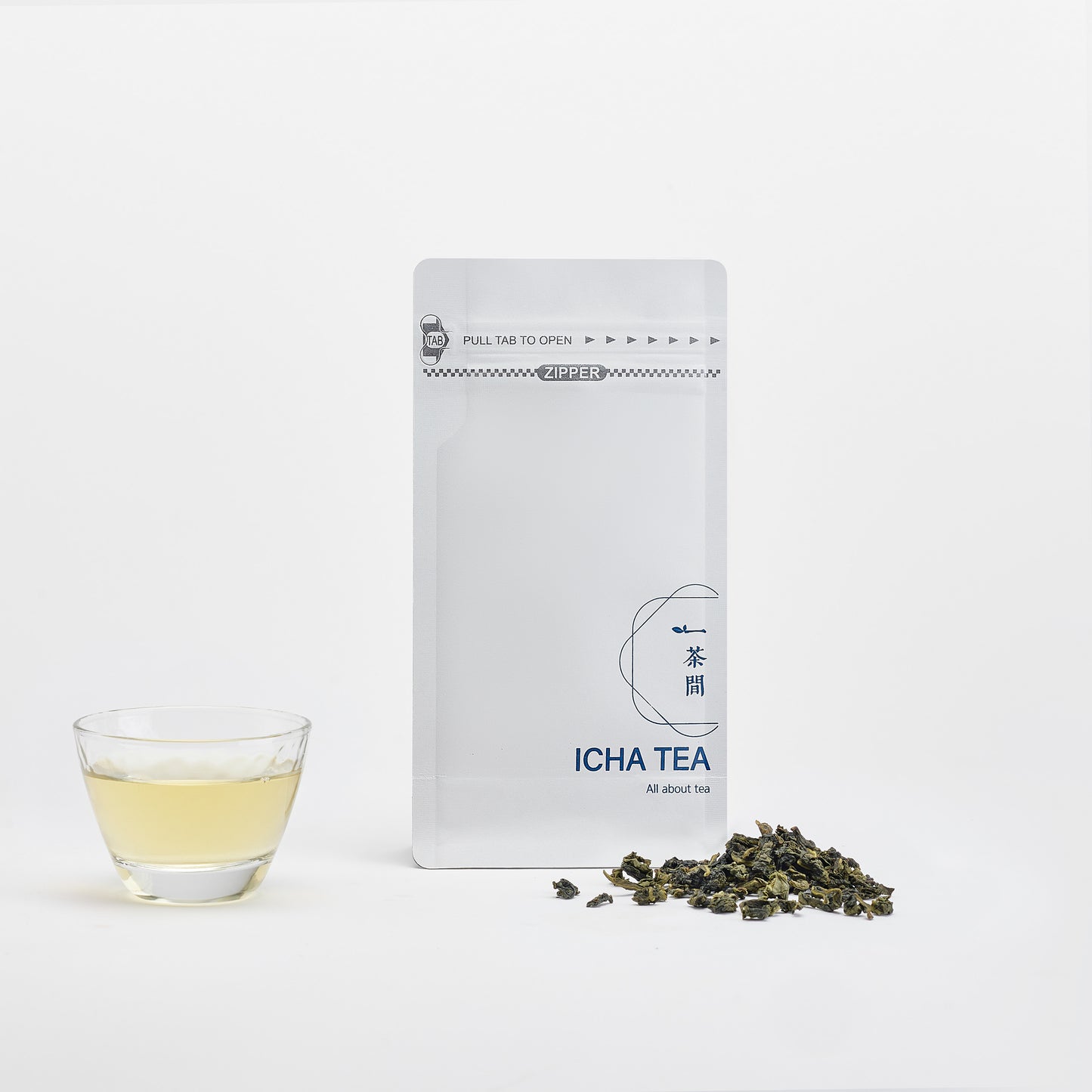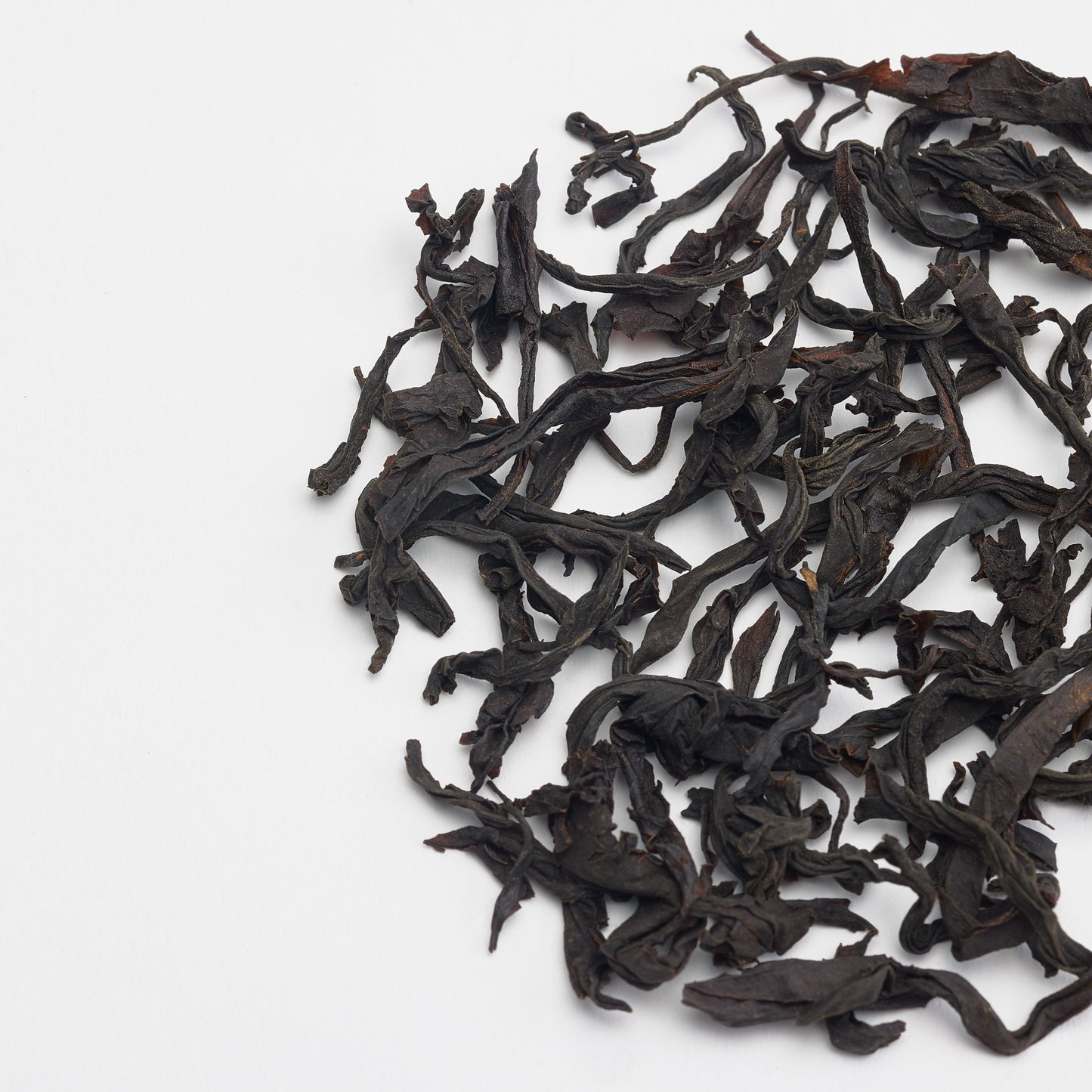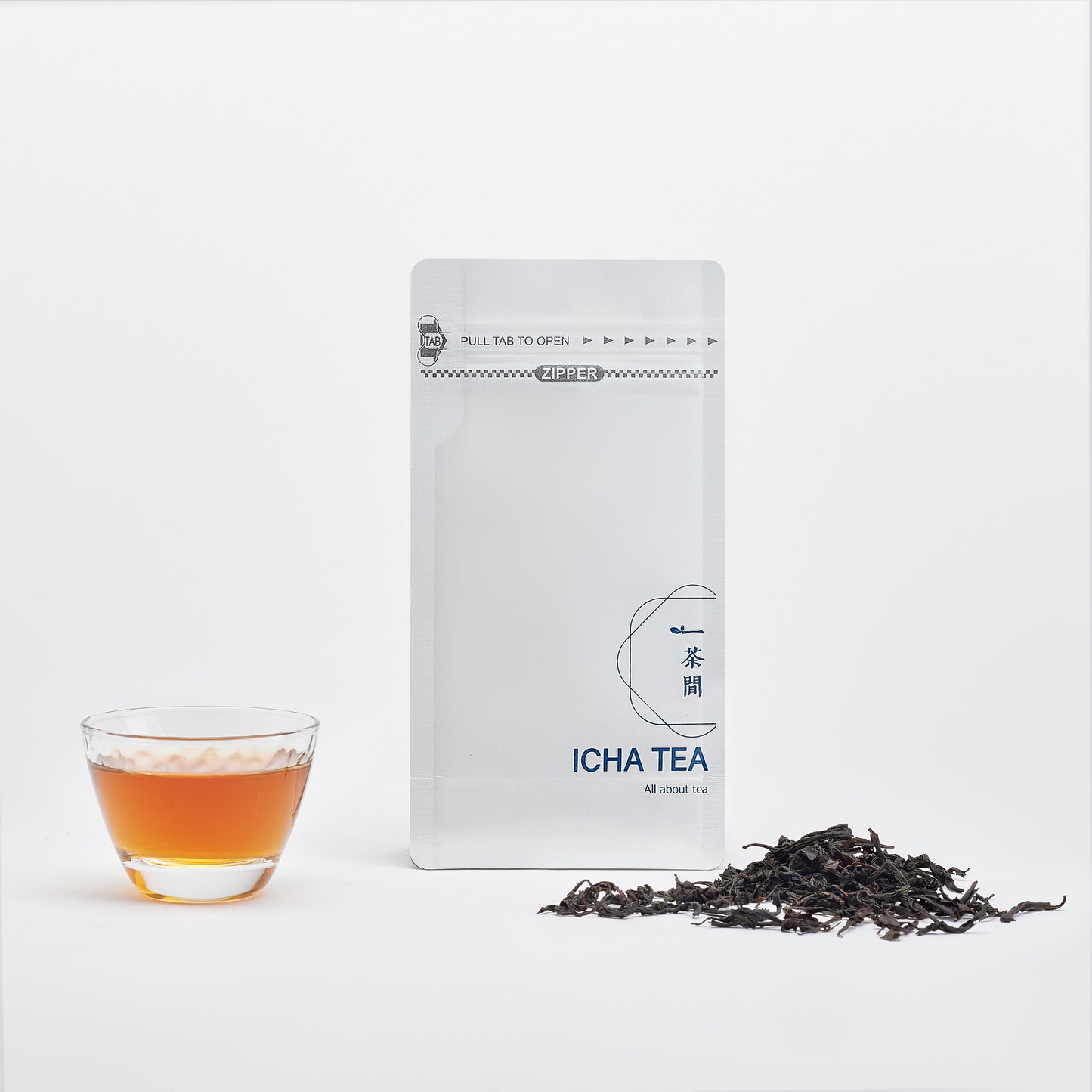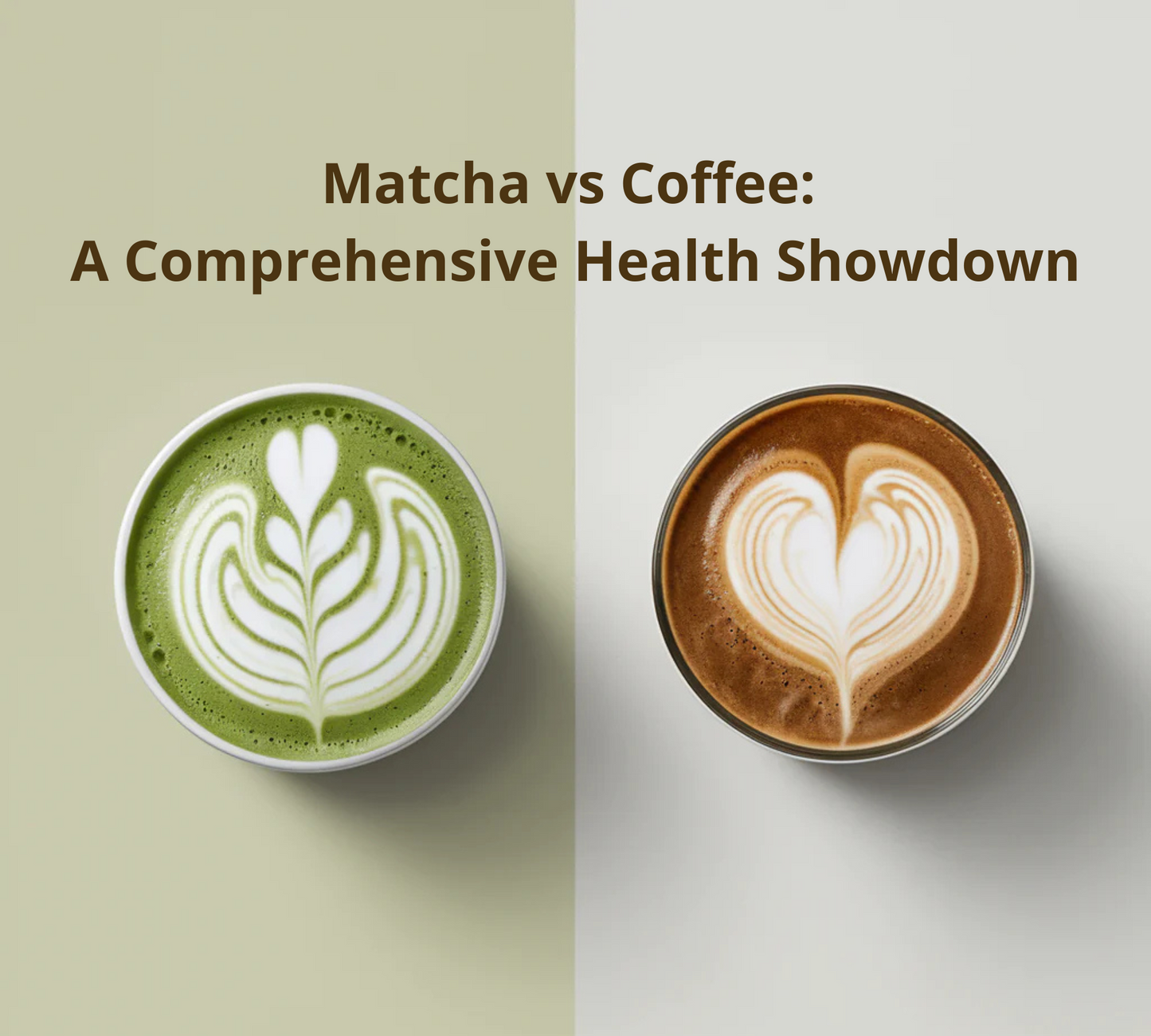
Did you know that people drink over 2 billion cups of coffee every single day worldwide? And while matcha might not be quite there yet, its popularity is skyrocketing faster than you can order a Starbucks matcha latte!
Today, we're diving into the ultimate showdown: matcha vs coffee. These two drinks have been duking it out for the title of "ultimate energy booster" and "health elixir supreme." But which one really takes the cake (or should I say, the cup)?
As someone who's bounced between being a coffee fiend and a matcha maniac, I've experienced the highs and lows of both. And let me tell you, it's been one heck of a caffeinated rollercoaster! So, buckle up – we're about to spill the tea (and the beans) on everything from energy kicks to brain boosts, and even which one might be better for your pearly whites.
By the time we're done, you'll be armed with all the info you need to choose your perfect morning (or afternoon, or evening) brew. Let's get this party started!
The Basics: What Are Matcha and Coffee?
Let's start with the basics, shall we? Matcha isn't your grandma's green tea, folks. It's like green tea's more intense cousin. Made from specially grown and processed green tea leaves ground into a fine, vibrant green powder, when you drink matcha, you're consuming the whole leaf. It's like the difference between eating an orange and drinking orange juice – you're getting all the good stuff, including the fiber. Read this article to learn more about matcha in depth.
Now, onto coffee. This dark, aromatic brew comes from roasted coffee beans, which are actually the seeds of coffee cherries. Ground and brewed with hot water, it's the magical elixir that gets millions of people out of bed every morning.
Both beverages have deep cultural roots. Matcha has been a cornerstone of traditional Japanese tea ceremonies for centuries, while coffee has been bringing people together in cafes and homes around the world for just as long.
I remember the first time I tried to make matcha at home. Let's just say it was... interesting. I ended up with more green powder on my counter than in my cup! But once I got the hang of it, there was something incredibly zen about the whole process. Coffee, on the other hand, always felt more like a quick fix – pop a pod in the machine and go!
Caffeine Content: The Energy Face-Off
Let's talk caffeine! Your average 8-ounce cup of coffee packs about 95mg of caffeine, while matcha contains around 70mg in a ceremonial-sized serving. But here's where it gets interesting: the caffeine in matcha behaves differently in your body compared to coffee. It's like the difference between a rabbit and a tortoise – coffee gives you a quick sprint of energy, while matcha is in it for the long haul.
I'll never forget the first time I swapped my morning coffee for matcha. I was bracing myself for the usual jolt... but it never came. Instead, I felt this smooth, sustained energy that lasted for hours. No jitters, no crash, just clean focus. It was like someone had turned on a light in my brain without flipping the stress switch!
This difference comes down to our friend L-theanine, learn more in this article about matcha L-theanine, and other compounds in matcha that slow the release of caffeine. So while coffee might give you a bigger initial boost, matcha provides a more balanced, steady, prolonged energy lift.
Antioxidant Powerhouses: EGCG vs. Chlorogenic Acid
Okay, antioxidant nerds (I say that with love because I'm totally one of you), this is where things get really exciting! Matcha is loaded with catechins, particularly EGCG (epigallocatechin gallate), which has been linked to everything from cancer prevention to weight loss. Discover more about matcha's impressive antioxidant profile. Coffee, on the other hand, is rich in chlorogenic acids, associated with a reduced risk of cardiovascular disease and type 2 diabetes.
Here's the kicker: matcha contains up to 137 times more antioxidants than regular green tea and significantly more than coffee. When I first learned this, I nearly spilled my drink! But before you coffee lovers start feeling sad or deflated, remember that quantity isn't everything. The antioxidants in coffee, while less numerous, are still incredibly beneficial.
I used to be a die-hard coffee fan, but after learning about the antioxidant content in matcha, I started incorporating both into my routine. A matcha latte in the morning and a small coffee in the afternoon – best of both worlds, am I right?
The L-Theanine Factor: Calm Energy vs. Jitters
Let's talk about matcha's secret weapon: L-theanine. This amino acid is like a chill pill for your brain, abundant in matcha but virtually non-existent in coffee. It promotes relaxation without sedation, creating an amazing state of 'alert calm' when combined with caffeine. Dive deeper into the unique benefits of L-theanine in matcha. You're focused and energized, but not jittery or anxious.
I remember the first time I experienced this "calm energy" from matcha. I had a big presentation at work and was a bundle of nerves. On a whim, I decided to have matcha instead of my usual espresso. Let me tell you, it was like someone had turned down the volume on my anxiety while cranking up my focus. The presentation went really well!
Coffee, on the other hand, can sometimes leave you feeling like you've got ants in your pants. Don't get me wrong, I love a good coffee buzz, but there have been times when I've overdone it and ended up a jittery, anxious mess.
But here's the thing – everyone reacts differently to caffeine and L-theanine. The key is to pay attention to how your body responds and find what works best for you.

Metabolism and Weight Management
Both matcha and coffee have been touted as metabolism boosters, but do they really live up to the hype? The catechins in matcha, especially EGCG, have been shown to boost metabolism and increase fat oxidation. Explore more of matcha's potential for weight management. It's like having a personal trainer in your cup!
Coffee, on the other hand, has its own fat-burning superpowers. The caffeine in coffee can increase your metabolic rate by up to 11% and stimulate fat cell breakdown. Some studies suggest that coffee's effects on metabolism might be short-lived, while matcha's could be more sustained due to its unique combination of caffeine and catechins.
Now, a word of caution from someone who learned the hard way – neither matcha nor coffee is a magic weight loss solution. But as part of a balanced diet and exercise routine? Both can be valuable allies in your weight management journey.
Heart Health: Cardiovascular Benefits Compared
Both matcha and coffee have been linked to cardiovascular benefits, but they work their magic in slightly different ways. The catechins in matcha can help reduce LDL cholesterol while increasing HDL cholesterol. Explore matcha's full range of heart health benefit. Coffee consumption has been linked to a reduced risk of heart disease, stroke, and heart failure.
Interestingly, while both beverages can be heart-healthy, they might work better for different people. Some folks find that coffee raises their blood pressure, while others experience no effect. Matcha, on the other hand, tends to have a more consistently positive effect on blood pressure.
I learned this firsthand when I started monitoring my blood pressure at home. Coffee would sometimes make it spike, but matcha kept things nice and steady. Of course, your mileage may vary – we're all unique individuals when it comes to how our bodies react to these drinks!
Brain Function and Cognitive Performance
Both matcha and coffee are known for their cognitive-enhancing properties. The L-theanine in matcha, when combined with caffeine, has been shown to improve attention, reaction time, and memory. Coffee's caffeine improves various aspects of brain function, including memory, mood, vigilance, and general cognitive function.
While coffee tends to provide a quick boost to alertness and focus, the effects of matcha might be more sustained due to the L-theanine content. Long-term, both have been associated with a reduced risk of cognitive decline and neurodegenerative diseases.
Remember, though, everyone's brain chemistry is different. Pay attention to how you feel and perform after drinking matcha or coffee. You might find that one works better for you than the other, or that a combination of both is your cognitive sweet spot!
Oral Health: Surprising Benefits and Drawbacks
Your choice of morning brew can affect your pearly whites! Matcha contains compounds that can help fight bacteria in your mouth, potentially reducing plaque buildup and tooth decay. Learn more about matcha's unexpected oral health benefits. Coffee, despite its staining effects, contains compounds that can help prevent cavity-causing bacteria from sticking to your teeth.
But here's the kicker – both matcha and coffee can stain your teeth if you're not careful. I learned this quickly when I noticed my teeth looking a bit... green after a particularly matcha-heavy week. Yikes!
Sleep Quality and Circadian Rhythm
Coffee, with its higher caffeine content, can have a more pronounced effect on your sleep if consumed too late in the day. Matcha, on the other hand, contains L-theanine, which can promote relaxation and improve sleep quality. But don't be fooled – it still contains caffeine, so timing is key.
Coffee, with its higher caffeine content, can have a more pronounced effect on your sleep if consumed too late in the day. Matcha, on the other hand, contains L-theanine, which can promote relaxation and improve sleep quality. But don't be fooled – it still contains caffeine, so timing is key.
I've found that my sweet spot is no coffee after 2 PM, and no matcha after 4 PM. But everyone's different – you might need to experiment to find your ideal cutoff times.
Conclusion
Woah! We've been on quite the journey through the world of matcha and coffee, haven't we? From energy boosts to gut health, we've covered it all. Here's the thing – there's no clear winner in the matcha vs coffee showdown. Both have their unique benefits and potential drawbacks. The best choice depends on your personal health goals, taste preferences, and how your body responds.
I've found that a mix of both works best for me – a matcha latte in the morning for sustained energy, and a small coffee in the afternoon when I need a quick pick-me-up. But that's just me!
Remember, whether you're Team Matcha, Team Coffee, or straddling both camps like me, the key is to listen to your body and enjoy your brew in moderation.
Until next time, stay healthy, stay energized, and enjoy every sip!

